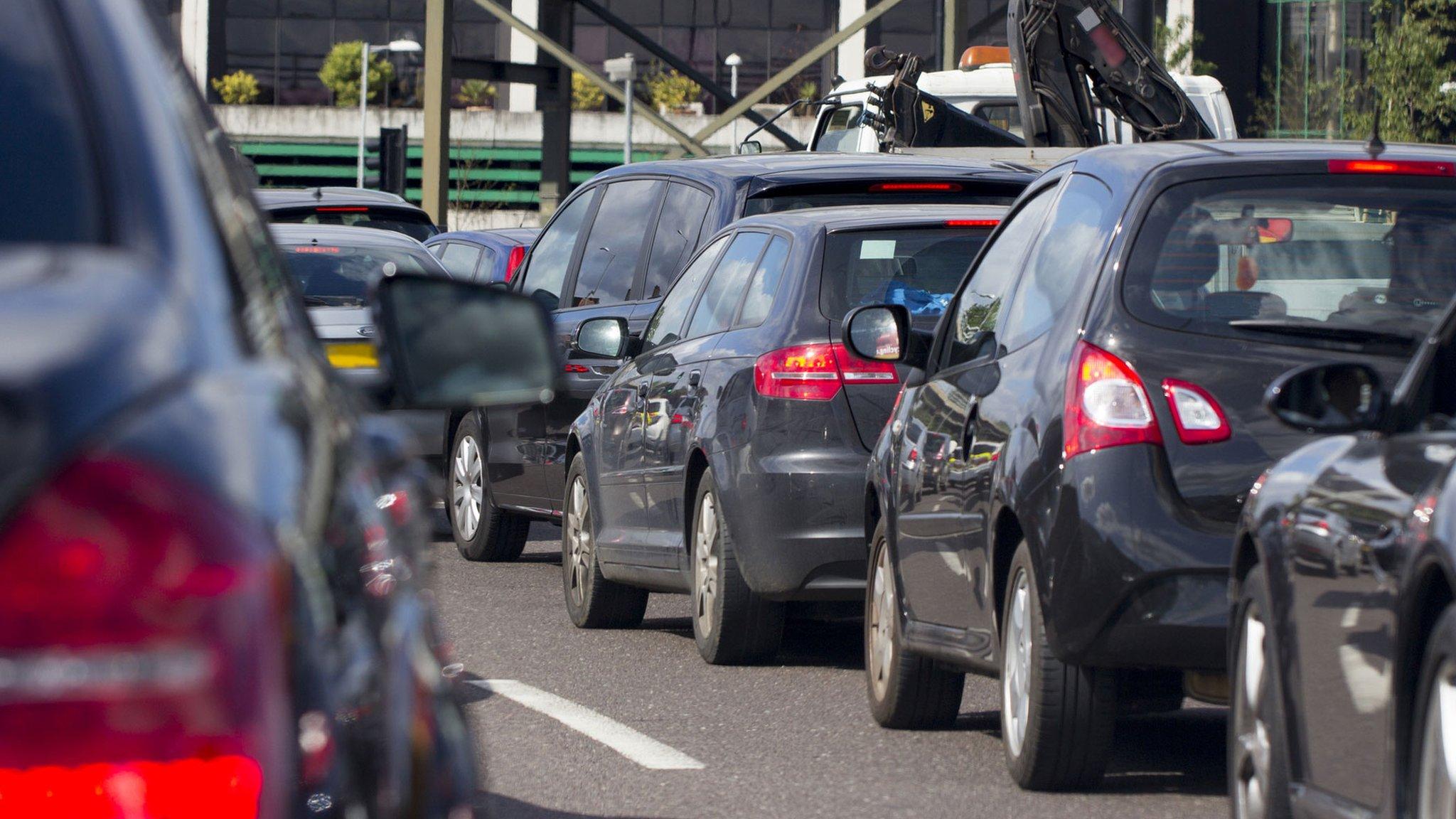Manoeuvring a path to cleaner air
- Published
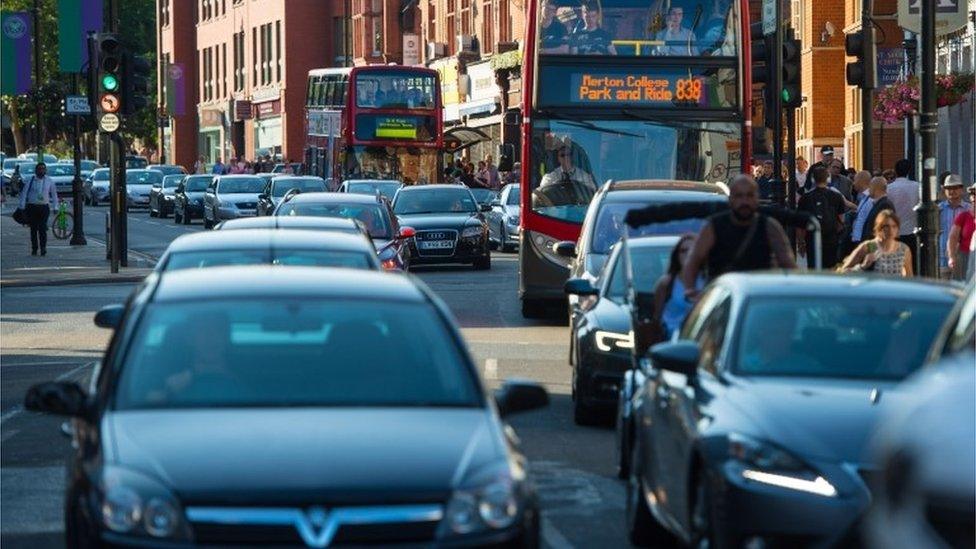
The government is to publish its plan to clean up the air alongside the UK's dirtiest roads on Wednesday morning.
It will offer £255m in extra funding to local councils for works to cut local pollution.
But the plan will not contain a vehicle scrappage scheme. And it will not mandate councils to charge dirty vehicles to enter cities.
Compulsory clean-air charging zones were identified by the government's own experts as the best way to tackle pollution.
And the decision not to include them in the policy leaves the government in breach of a court order to produce a comprehensive clean air strategy by the end of this month.
Ministers argue that it is better to have a scheme for tackling the worst pollution hotspots rather than rushing out a botched comprehensive strategy.
But clean air campaigners will accuse the government of failing to obey the court yet again, having already lost a case on this issue in April.
ClientEarth, the legal group which brought that case, previously warned it would consider going back to court if the government failed to meet its legal obligations to ensure clean air for people to breathe.
I understand that proposals for a diesel vehicle scrappage scheme have been resisted by the Treasury and Department for Transport.
They apparently think it is not a good use of money.
The chancellor has earmarked £255m for local authorities to spend on air pollution measures, and Defra is hoping there will be more in the Autumn Statement in the form of a Clean Air Fund for councils to share.
Wrath of drivers
Ministers promise a full pollution strategy next year to tackle all emissions, including from construction, farming and gas boilers.
On the controversial issue of charging the drivers of old diesel vehicles to drive into towns, the government has to reach something of a compromise.
It hopes that as in some cities only a few streets are in breach of nitrogen dioxide limits, councils will be able to solve the problem by other measures - perhaps restricting dirty vehicles at rush hour.
I understand that if councils do not produce satisfactory plans themselves within eight months, the government will mandate them to impose charging zones.
But neither councils nor the government want to face the wrath of diesel drivers who were encouraged to buy diesel vehicles because they produced lower CO2 emissions.
The compromise may not satisfy councils in areas affected by pollution from other cities.
'Sending a signal'
The deputy leader of Leeds Council, Lucinda Yeadon, questioned the point of Leeds imposing a charging zone, if nearby Bradford decided against one.
The pollution would be carried to Leeds on the wind anyway, she said.
She told BBC Radio 4's Today programme: "There's no point Leeds taking one approach and another authority taking a completely different approach because we might counteract each other.
"We have called for a national Clean Air Act which shows the government taking responsibility as well as local authorities."
The government has not replied to this demand.
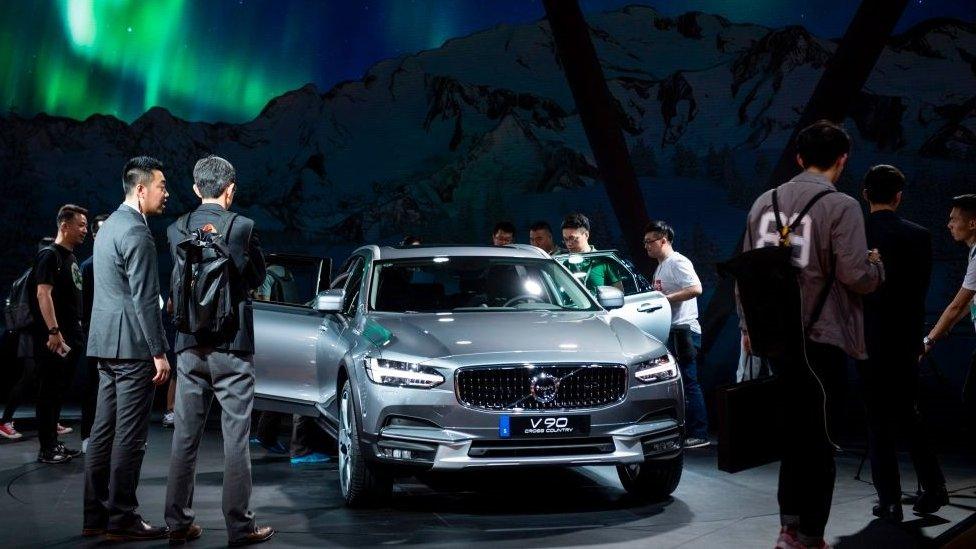
Volvo says all of its new models will be fully electric or hybrid by 2019
Ministers will confirm later that all new cars and vans will be zero emissions by 2040, with nearly all vehicles zero tailpipe emissions by 2050.
They acknowledge that those targets may well need to be revised for the UK to hit its laws on climate change.
But they say they are sending a signal to manufacturers.
Lost productivity
Norway previously signalled the beginning of the end for the internal combustion engine by banning the sale of new fossil fuel-powered cars by 2025.
The government will acknowledge in its plan later that poor air quality is the biggest environmental risk to public health in the UK, costing the country up to £2.7bn in lost productivity.
In the autumn it will issue a consultation to gather views on how to support drivers affected by local pollution plans, such as subsidised car clubs or perhaps even a "targeted" scrappage scheme.
The Clean Air Fund to be revealed in the autumn would introduce new measures such as changing road layouts to cut congestion, new park-and-ride services and better buses.
Follow Roger on Twitter @rharrabin, external
- Published21 April 2017
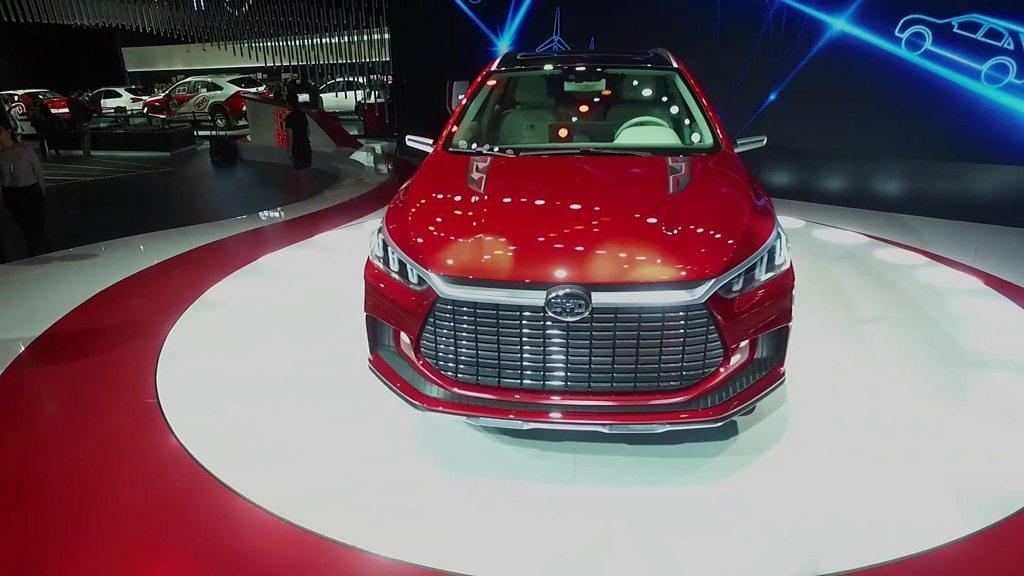
- Published5 July 2017
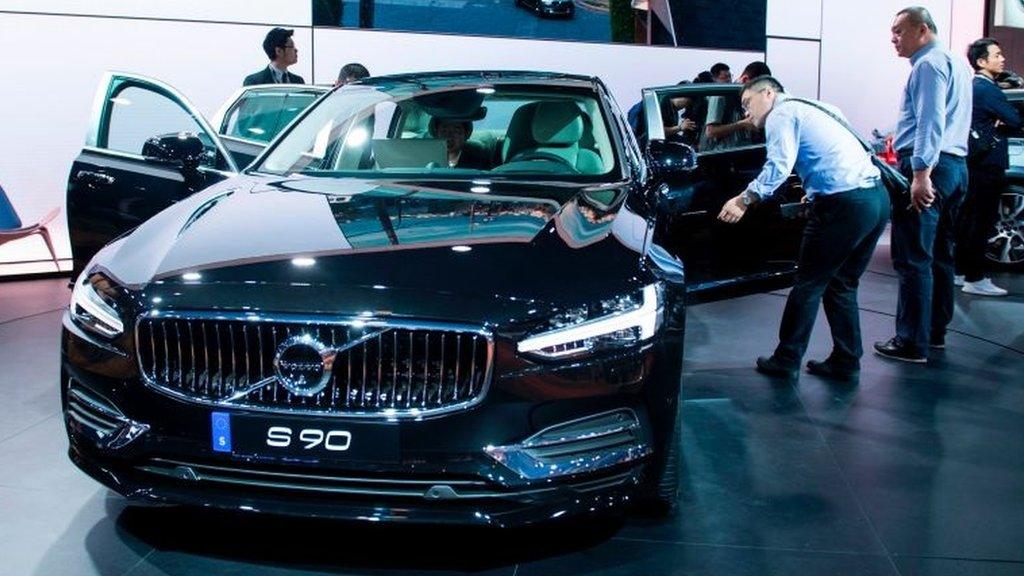
- Published25 July 2017
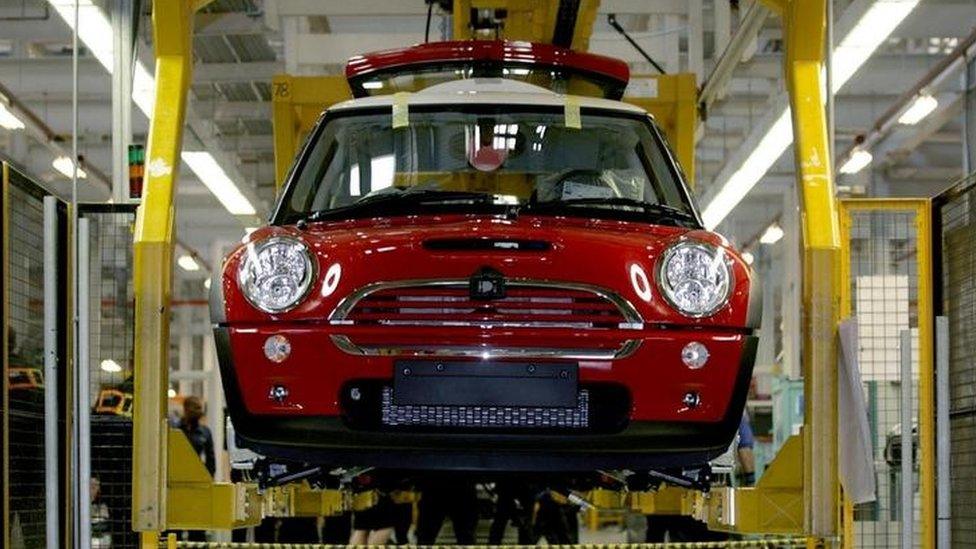
- Published26 July 2017
